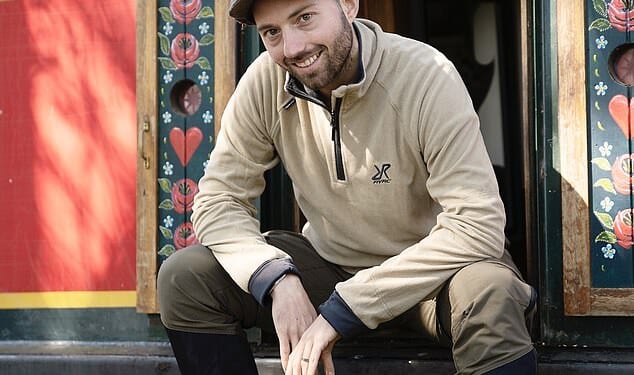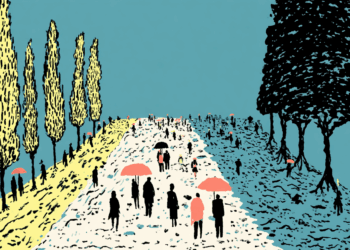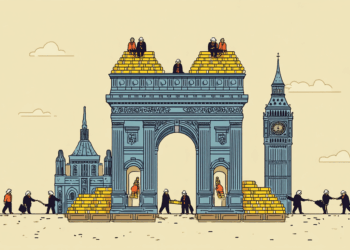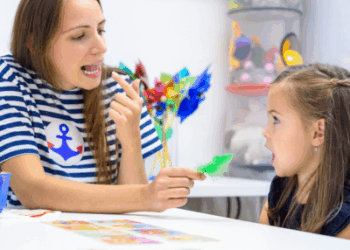FLOATING HOME by Adam Lind (Bloomsbury Tonic, £18.99, 256pp)
Happiness is a choice that requires effort at times’ is often attributed to the Greek tragedian Aeschylus, and not much has changed in the 2,500 years since then.
Some people who appear to have everything going for them are permanently dissatisfied, while others whose lives are blighted by misfortune somehow manage to remain resolutely upbeat.
Can you will yourself to be happy? Is there a sure-fire formula for contentment? Adam Lind has been wrestling with these questions since he was 16, following the devastating death of his alcoholic father.
‘While my friends were thinking about the girl that hadn’t texted them back or how they hadn’t been invited to a party, I was questioning the nature of human existence,’ he writes.
In this curious hybrid – a cross between a travel book, a memoir and a self-help book – he describes his own pursuit of happiness.
Instead of settling into steady jobs after they left university, Lind and his girlfriend Lauren decided to hitchhike overland to India – a trip that would be all about ‘making mistakes, taking risks and feeling a sense of freedom and fulfilment’.
Despite some hairy moments – including being given a lift in Turkey by a man who revealed that both he and his passenger had recently come out of prison after killing their wives – the couple were overwhelmed by the openness and generosity of most of the people they met.
‘Being kind to others, particularly those we don’t know, may just play a direct role in how happy we are as people,’ Lind muses.
On their return to England, having spent five years away and visited 24 countries, he and Lauren – by now married – moved on to a narrowboat, which was not only affordable but also offered ‘the perfect balance of living in a community whilst also being independent’.
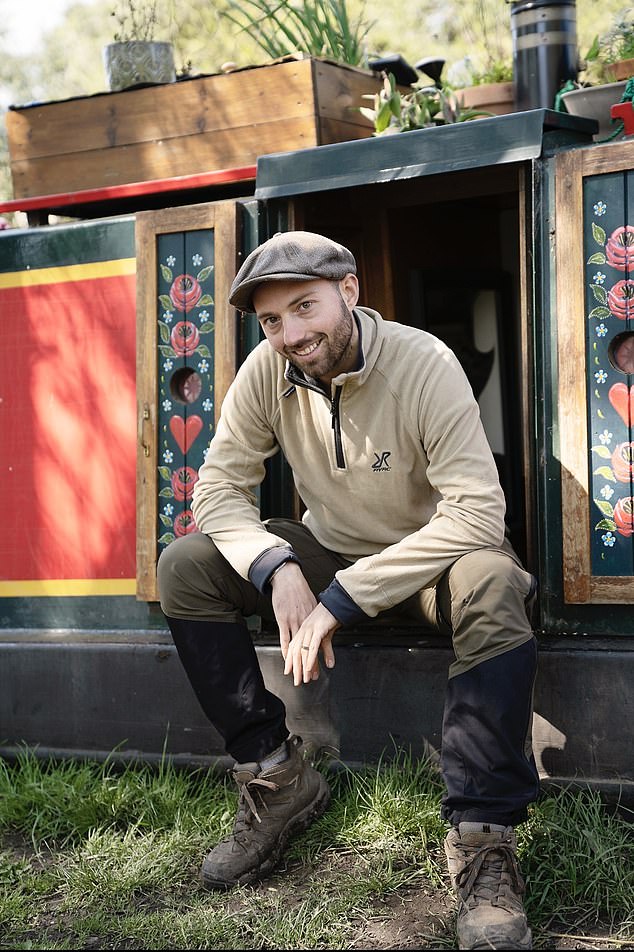
Content: Lind sat in the doorway of his narrowboat
Lind cherishes the bond he shares with those who live on the 2,000 miles of the canal network, a community who take it for granted that they will help each other out in times of trouble. Living on the waterways reinforced his view that connecting with people is one of the keys to finding happiness.
He offers a raft of suggestions for anyone on a quest for contentment. He tries to give thanks for every meal, ‘acknowledging each step of the process that has got my food here and finding wonder in it’. Having suffered from panic attacks which he tried to hide from his wife, he believes in honest communication, ‘openly sharing and expressing vulnerability’.
He keeps a journal and makes a list of all the simple pleasures that make him feel fulfilled, from walking the dog to sitting by the fire on a cold day. He goes to ashrams and yoga retreats.
This gentle, meandering book doesn’t contain startlingly original insights, but there’s something engaging about Lind’s search for happiness which, he concludes, can only come from within. ‘Until you find freedom internally,’ he says, ‘external freedom won’t bring you the sense of peace you are looking for’.

